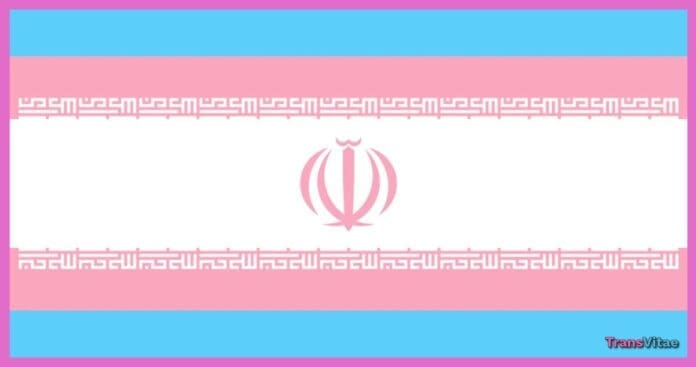Iran’s government is promoting itself as a destination for gender-affirming surgeries, aiming to attract foreign patients and present the country as a global hub for transgender medical care. The move, first reported by The New York Times, highlights a paradox that has drawn both curiosity and outrage: while Iran advertises itself as a sanctuary for trans healthcare, its own transgender citizens continue to face severe discrimination, coercion, and abuse.
Officials have begun marketing Iran’s medical system to international audiences, boasting of affordable procedures and state-subsidized surgeries. On paper, this makes Iran one of the few nations in the Middle East where gender transition is officially permitted and even financially supported by the state. In practice, the reality is far more complicated.
Iran’s current approach stems from a 1980s religious decree by Ayatollah Ruhollah Khomeini, which declared sex-reassignment surgery permissible under Islamic law. This ruling allowed transgender people to legally change their gender after surgery, setting Iran apart from many of its neighbors. However, the system that grew from this decision is built on strict control, invasive oversight, and social pressure rather than genuine freedom or acceptance.
For Iranians seeking to transition, the process can be grueling. Before surgery is approved, individuals are subjected to mandatory psychiatric evaluations, court hearings, and family consent procedures. Many report being coerced into operations as a way to avoid punishment for being gay or gender-nonconforming. Homosexuality remains illegal in Iran and is punishable by imprisonment, torture, or even death. This leaves many queer Iranians with a devastating “choice”: transition or face persecution.
Even those who undergo surgery face unsafe medical conditions, limited aftercare, and ongoing social ostracism. Reports describe botched operations, lack of professional oversight, and emotional trauma that persists long after surgery. Far from symbolizing liberation, these experiences reveal how Iran’s medical system has turned gender transition into a mechanism of control, an attempt to force conformity under the guise of compassion.
For the government, however, the campaign has economic and political appeal. By advertising affordable surgical expertise to international patients, Iran can project an image of medical advancement and tolerance while deflecting attention from its record of human rights abuses. The state’s involvement in this new “medical tourism” effort is less about supporting trans rights and more about leveraging them for profit and propaganda.
International human rights groups and activists warn that this duality should not be overlooked. While the global spotlight may focus on Iran’s new promise of trans-friendly care, the truth on the ground remains bleak for those who live under its rule. Transgender Iranians continue to face violence, unemployment, and a lack of legal protection. Nonbinary and gender-fluid identities are not recognized at all.
Iran’s new marketing campaign might appeal to outsiders seeking affordable care, but for its own people, it only deepens the divide between visibility and vulnerability. What the government calls progress still feels like survival for those forced to live it.


